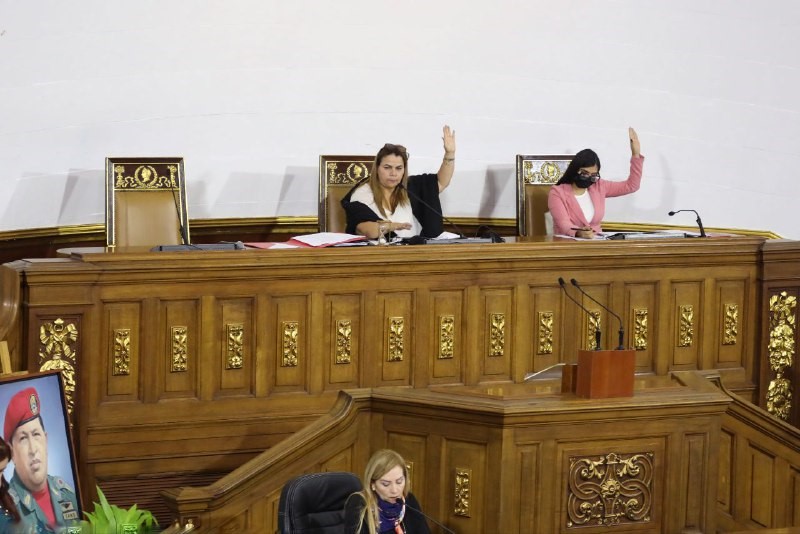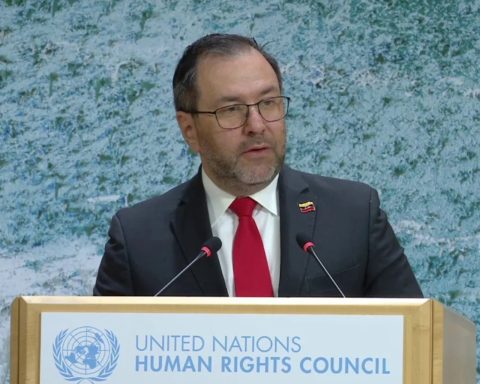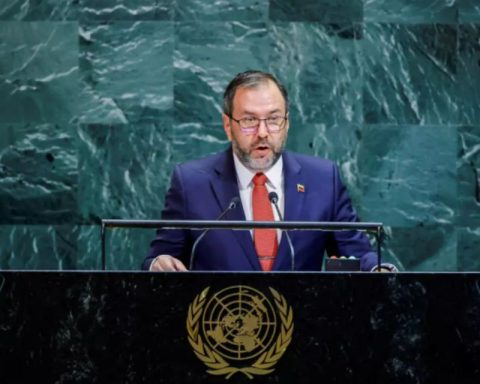This Tuesday the National Archives Bill was approved in the first discussion in the National Assembly. It has 13 articles and a derogatory provision.
The deputy to the National Assembly, Oriana Osio, stressed that this legal instrument aims to adapt the work of the archive to the technological changes currently required and the archive of public and private documents.
“This project seeks that the files are accessible to our people and seeks to increase public management services. In this sense control will be granted to the general archive of the nation », he said.
He stressed that it is proposed that the Ministry of Culture be attached to the project and thus the archives and historical documents would become the order of the State, promoting greater organization and disposal of historical documents.
These documents must be preserved and organized through a legislative index. In addition, a national filing system would be created.
Finally, the parliamentarian promotes the principles of simplification of procedures.
Sustain the story
Finally, the deputy Bruno Gallo said that this bill seeks to bring order to the national archives and recounted three anecdotes from the past century to support its approval.
“By this I mean that historical archives must be public, regardless of whether they rest under the responsibility of a private person or a bureaucrat. The importance is that it be public”, he argued.
He related that the first anecdote was when he was a history student at the UCV. He had to carry out an academic work in the General Archive and the first requirement for the procedure in the entity was “to request permission from a secretary general of Democratic Action (AD)” ·
The second anecdote was about a historian, a former deputy, who worked in a private entity but kept historical documents and produced his graduate theses with those national archives. The subject was accused of plagiarism.
And the third memory was about a former minister, who did not identify, who after reading some letters between El Libertador Simon Bolivar and Manuelita Saez“they seemed immodest to him and he ordered them to be burned.”
“When the opinion of a bureaucrat leads to history being incinerated, this indicates that the State, with seriousness, balance and a non-partisan sense of history, has to put order in the national historical archives and that implies a willingness to order (…) This project must be voted unanimously”, he concluded.


















